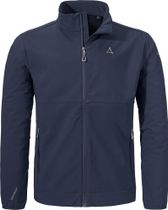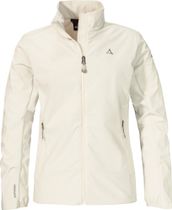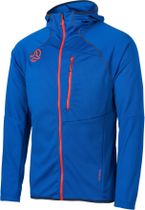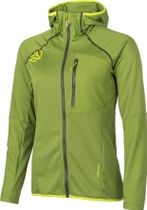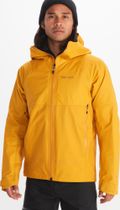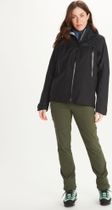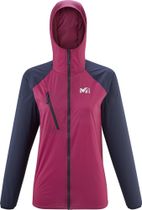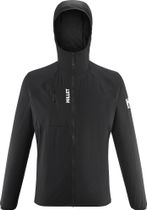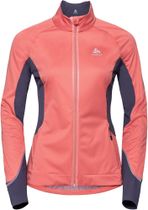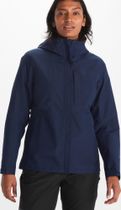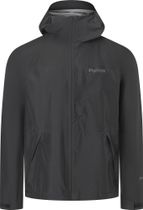The Jacket Debate: Hardshell vs. Softshell
Choosing a jacket is more than just picking a color—it’s about functionality. Outdoor lovers often face the dilemma: hard or soft shell? Let’s break down the differences and help you decide which fits your adventures best.
What’s a Hardshell?
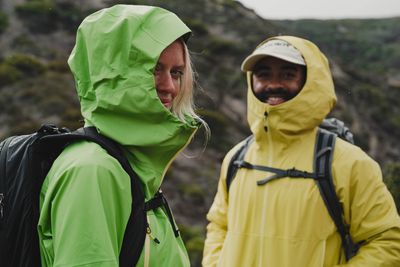
When rain is on the menu, adventurers turn to hardshell jackets. Built using breathable, fully waterproof materials like GORE-TEX, they keep you dry even in heavy downpours. Their construction layers an outer fabric (polyester or polyamide), a waterproof membrane, and sometimes an inner lining into a single, sturdy shell. Sealed seams and laminated zips ensure no moisture creeps in.
They are best for wetter conditions—think hiking in rain, mountaineering, skiing, ski touring, or snowshoeing in winter.
- Completely waterproof—even in heavy rain or snow
- Breathable fabrics keep you comfortable during activity
- Highly durable and long-lasting
- Can be heavy and bulky
- Less flexible than softshell
- Typically more expensive than softshell
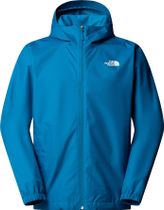
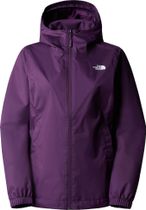
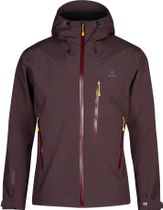
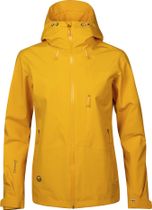
What’s a Softshell?
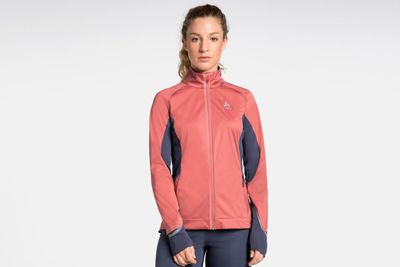
Softshell jackets use stretchy, water-resistant fabrics like polyamide, polypropylene, or polyester. They often feature two- or three-layer laminates: a tough outer layer with an insulated, moisture-wicking lining. The result? A flexible layer that breathes and moves with you.
They are best for highly active pursuits—like trail running, cycling, or climbing—where mobility, breathability, and lightweight comfort are key. Also great for everyday wear.
>> Find your new softshell jacket now
- Lightweight, flexible, and comfortable for high-output activity
- Generally more budget-friendly
- Durable and resilient
- Versatile across a wide range of temperatures and conditions
- Not fully waterproof
- Less robust than hardshell material
Choosing the Right Shell
Still unsure which way to go? Here's the deal: if you're heading out into heavy rain, snowstorms, or alpine conditions where staying bone-dry is non-negotiable, a hardshell is your best friend. Need something more agile for trail running, biking, or everyday commutes? Then a softshell gives you the breathability and comfort to move freely. Ideally, you’ll have both in your closet—ready to match whatever your adventure (or the weather) throws your way.
